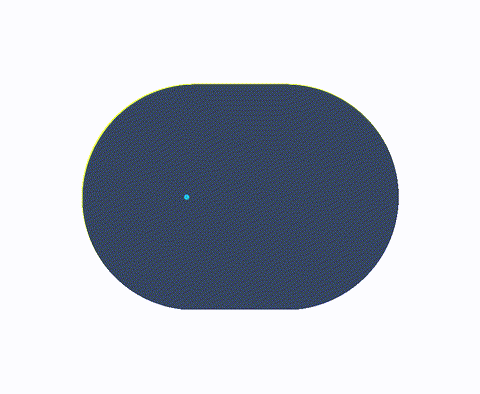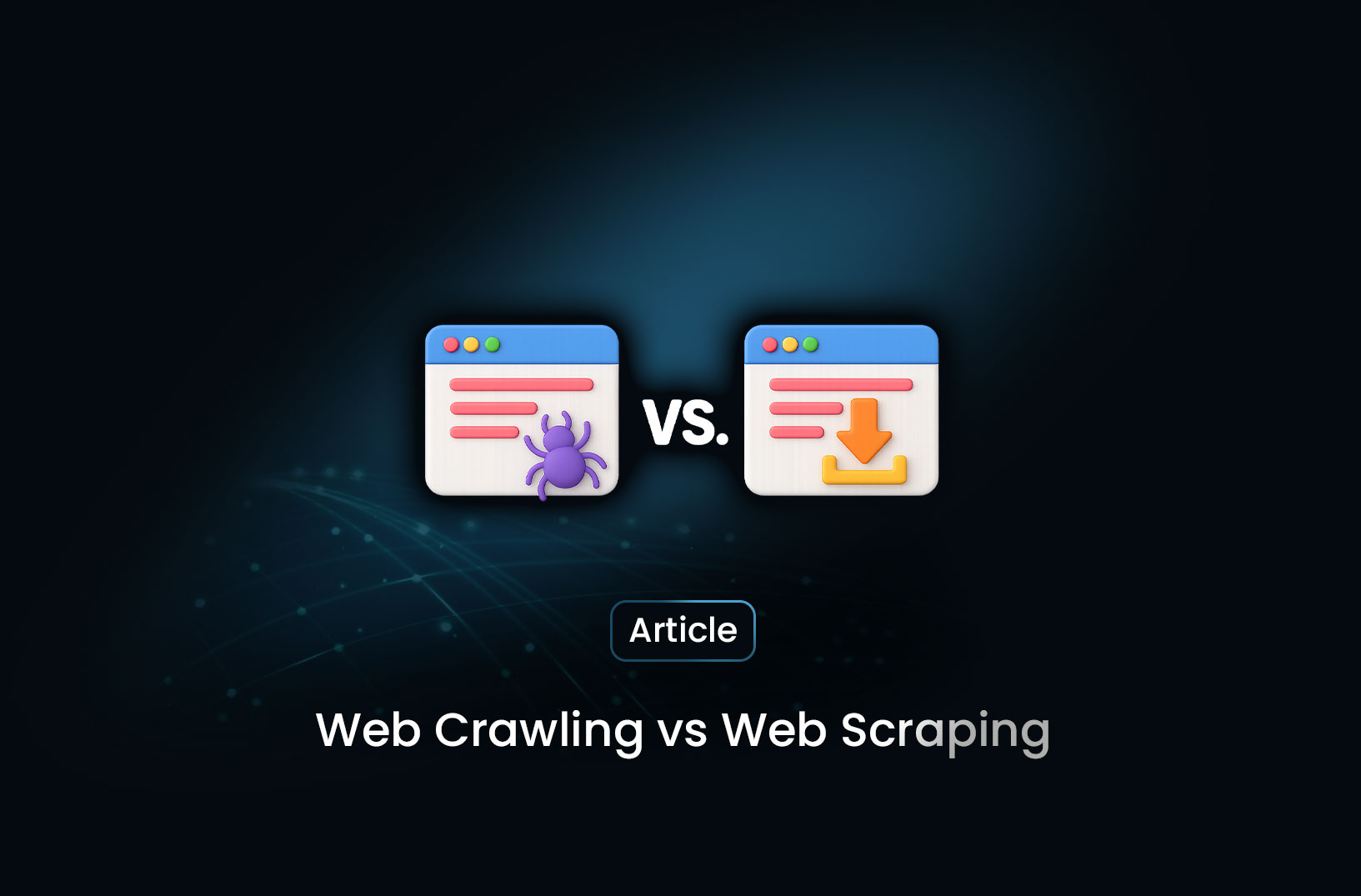
Web Crawling vs Web Scraping: What's the Difference?
ArticleUnderstand the key differences between web crawling and web scraping. Learn how both processes work and when to use them in your data collection strategy.
When working with online data, two terms often come up: web crawling and web scraping. While they’re closely related and sometimes used interchangeably, they serve different purposes in the data extraction process.
If you're building a data pipeline or working on SEO, market research, or automation, understanding the distinction between these two is essential.
What Is Web Crawling?
Web crawling is the process of systematically browsing the web to discover and index pages. It’s how search engines like Google find new or updated content.
A web crawler (also called a spider or bot) starts from a list of URLs, fetches the pages, extracts the links from them, and visits those links recursively.
Key features:
- Discovers and indexes web pages
- Follows hyperlinks to explore more content
- Builds a map of a website or a network of websites
Web crawling is like exploring the internet to catalog what's available.
What Is Web Scraping?
Web scraping, on the other hand, is the process of extracting specific information from web pages. It doesn't just find URLs — it pulls out structured data such as prices, reviews, job titles, or other relevant information.
Key features:
- Extracts targeted data from known web pages
- Parses HTML or APIs to collect content
- Outputs structured data formats like JSON or CSV
Web scraping focuses on gathering useful content from existing pages.
The Core Differences
Here’s a side-by-side comparison of web crawling vs web scraping:
| Feature | Web Crawling | Web Scraping |
|---|---|---|
| Purpose | Discover and index pages | Extract specific data |
| Output | URLs, website structure | Data tables, structured content |
| Common Use Case | Search engine indexing | Price monitoring, lead generation |
| Example Tool | Scrapy (crawler mode), Heritrix | MrScraper, BeautifulSoup, Puppeteer |
| Typical Input | A list of seed URLs | Specific webpage or HTML element |
| Focus | Breadth (coverage) | Depth (detail) |
When to Use Each
-
Use web crawling when you need to discover multiple pages across a domain or website. This is ideal for sitemap generation, SEO audits, or identifying product URLs before scraping.
-
Use web scraping when you already know where your data is and want to extract it. This is useful for collecting pricing, reviews, or other details from product or content pages.
Combining Both for Maximum Impact
In real-world scenarios, these two techniques are often used together. For example:
- Crawl a website to discover article or product URLs.
- Scrape those URLs for data like headlines, prices, or contact information.
Tools like MrScraper are designed to streamline this process by integrating both crawling and scraping into a single platform.
Conclusion
Understanding the difference between web crawling and web scraping is critical to building efficient and scalable data workflows. Crawling helps you discover content, while scraping helps you collect the data that matters most.
If you're looking for a solution that handles both intelligently, MrScraper offers a fast and flexible tool to power your data collection efforts.
Find more insights here
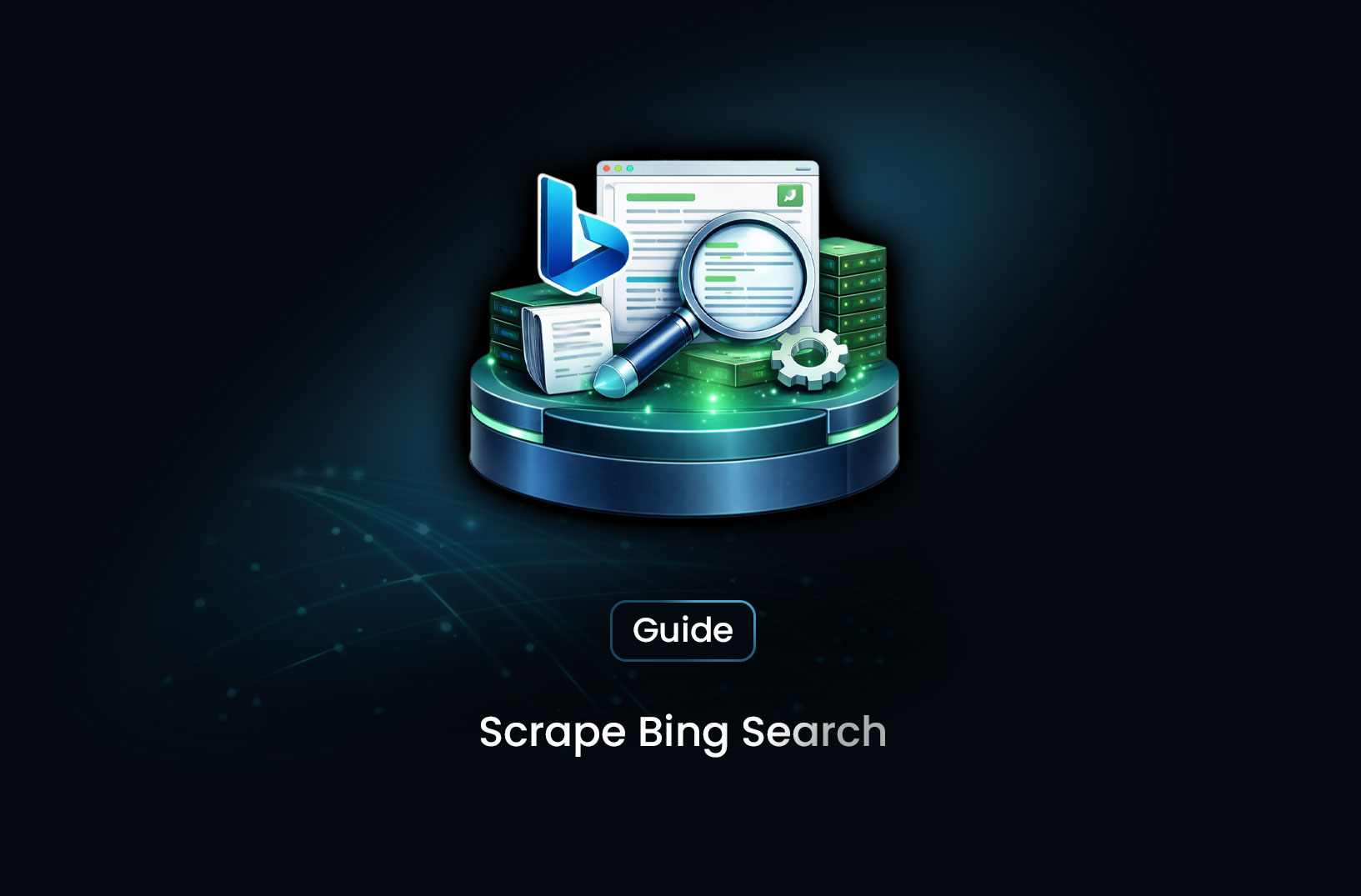
Scrape Bing Search: A Practical Technical Guide
Bing scraping blocked? Discover how to bypass rate limits and bot detection to extract URLs, titles,...
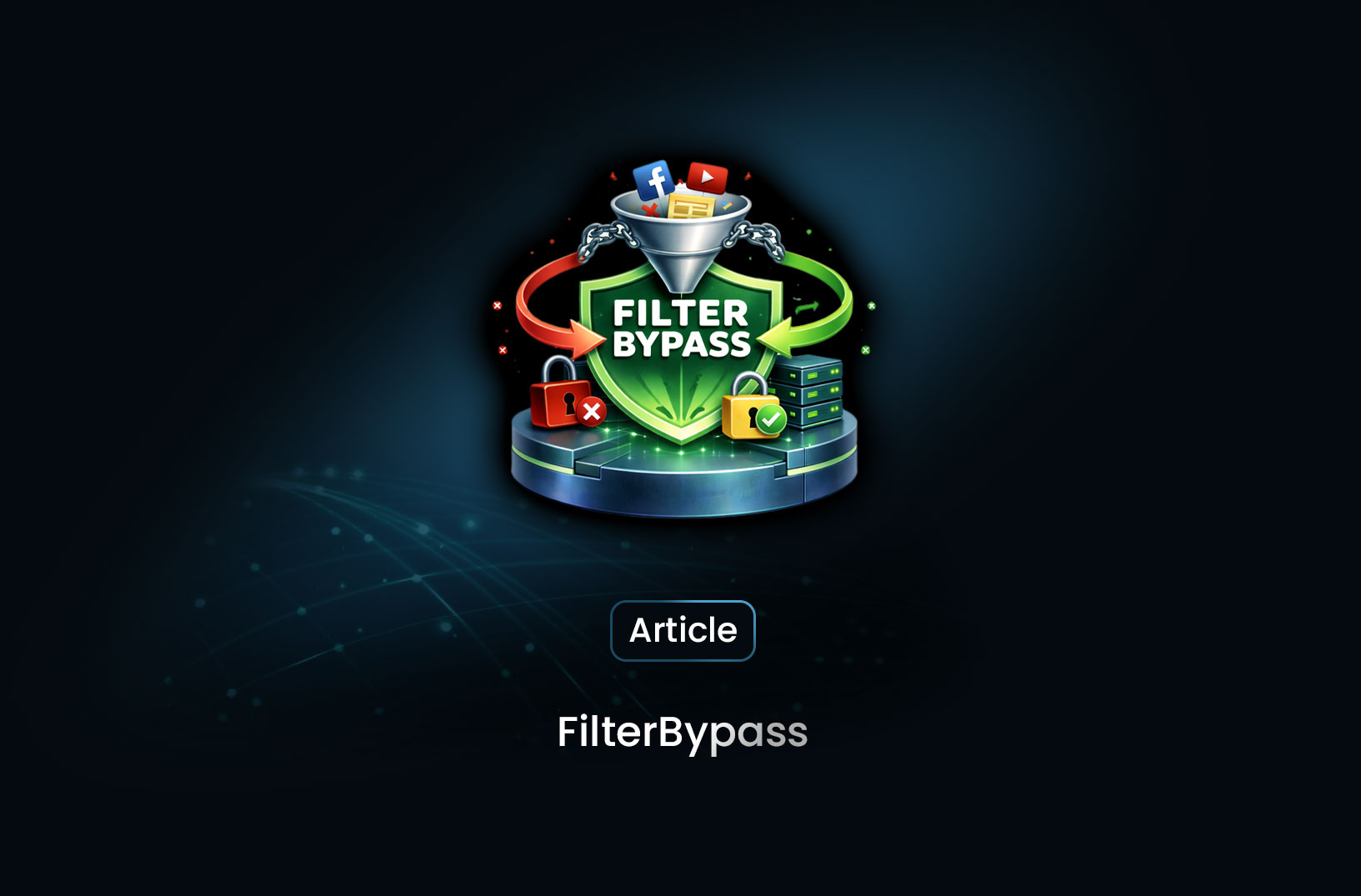
FilterBypass: Unblocking Restricted Sites in a Simple Way
FilterBypass is a free web proxy that acts as an intermediary between your browser and the target si...
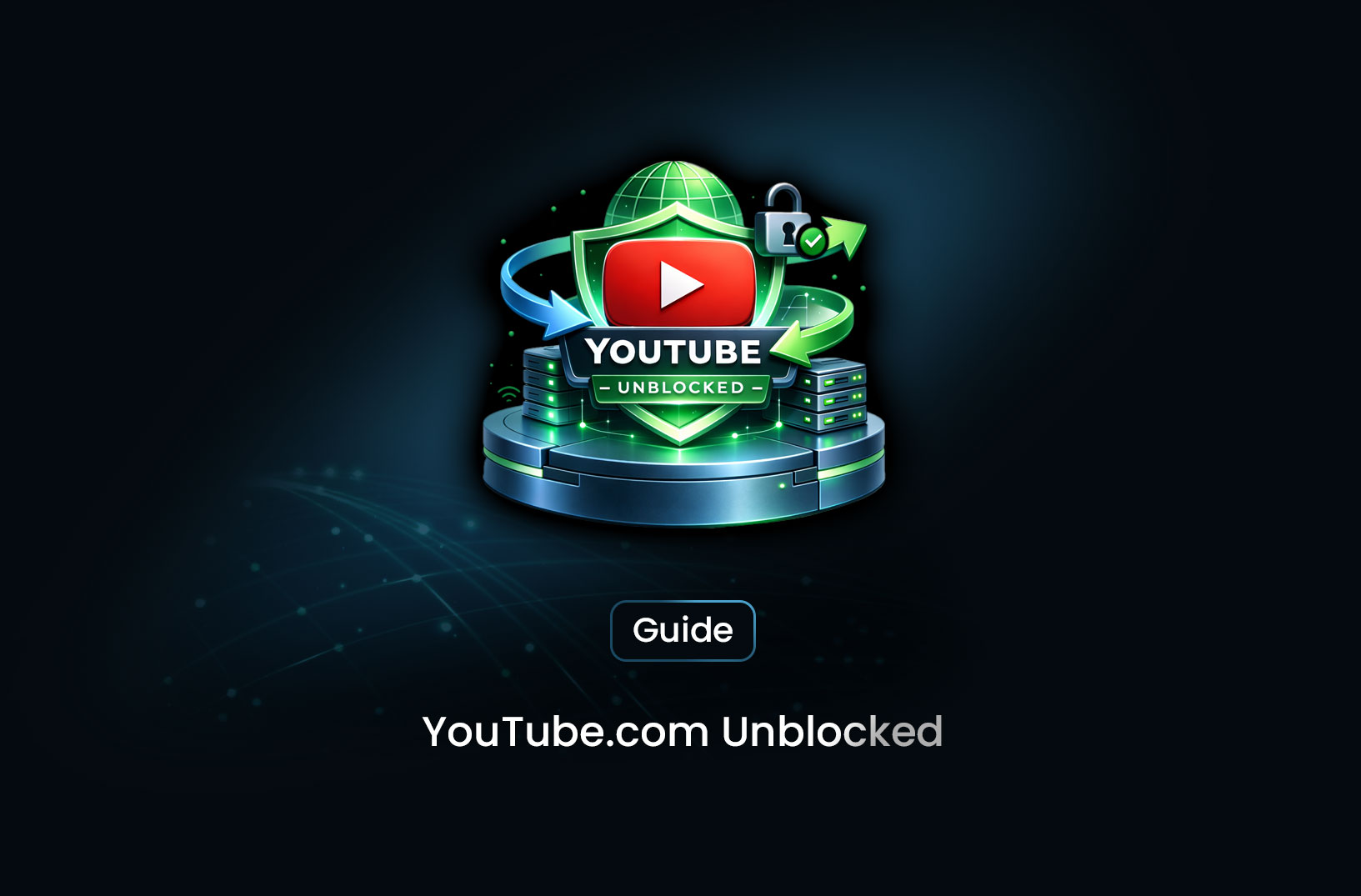
YouTube.com Unblocked: Accessing YouTube When It’s Restricted
Learn how to access YouTube unblocked on school, work, or regional networks. Explore VPNs, proxies,...
